- Headaches Overview
- Migraine
- Cluster & Tension Headaches
- Other Types of Headaches
- Appointment Prep
- View Full Guide
10 Bad Habits That May Trigger a Migraine


Not Getting Enough Sleep
Sleep is vital for you to function at your best and give your body and brain a chance to rest. Unfortunately, over half of all migraines occur between 4:00 and 9:00 a.m. Not only can a lack of sleep trigger a migraine, but a migraine can also interfere with your ability to sleep, creating a vicious cycle. Try to create a calm environment before bed and get at least seven or eight hours of sleep a night to head off migraines in future.
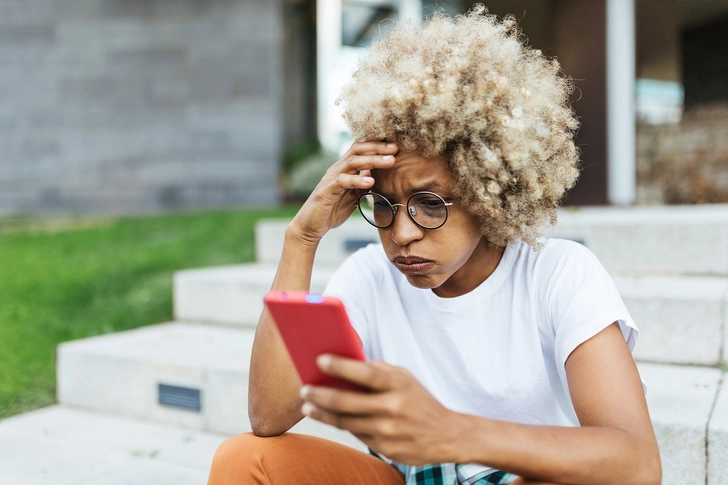
Uncontrolled Stress
Almost 70% of people with migraines report stress as a trigger. Although it can be difficult to avoid stress with the hectic pace of life today, try keeping track of situations that cause you stress and lead to migraines. If you can't avoid stressful people and situations, focus on relaxation methods such as meditation and deep breathing.

A Sedentary Lifestyle
Exercise causes your body to release substances that block pain and decrease anxiety and depression. It also helps you maintain a healthy weight, which can help reduce migraines. Start off slowly, though, since vigorous exercise can cause a migraine if you aren't used to it.
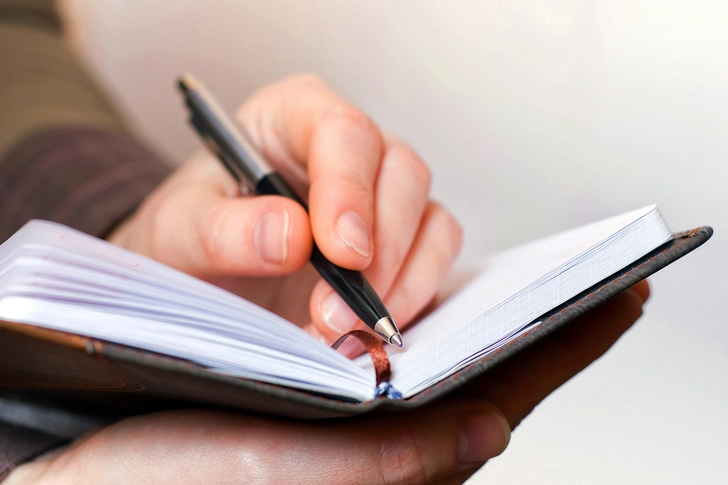
Eating the Wrong Foods
Keeping a migraine diary that includes what you ate before a migraine is the best way to identify what foods trigger your migraines. While everyone is different, many people report that the following foods trigger their migraines:
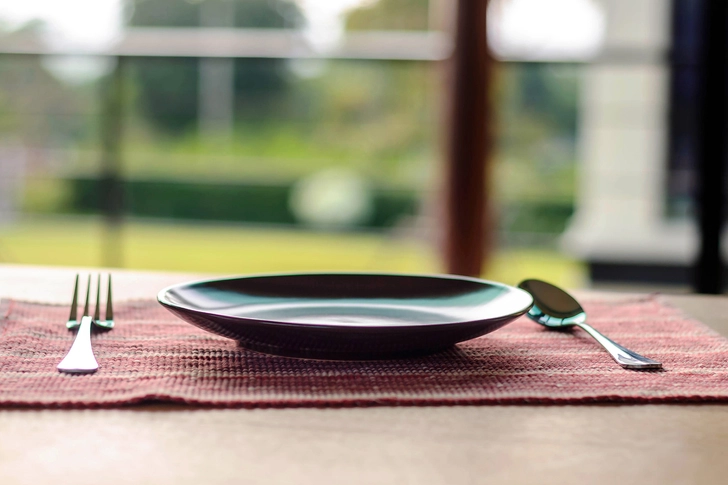
Not Eating Regularly
Just as eating the wrong foods can cause a migraine, not eating regularly can, too. Fasting increases your risk of a migraine. Eat breakfast early and try to keep a regular schedule for meals. Eating too late in the day can interfere with your sleep, so have dinner several hours before bed.

Drinking Too Much Alcohol
Red wine is the most commonly reported alcohol trigger, but other types of alcoholic beverage are also associated with migraines. Drinking alcohol can trigger a migraine within a few hours, or you may have a delayed hangover headache. Although you can drink alcohol in moderation if it doesn't affect you, avoid it completely if it triggers your headaches.

Overscheduling
Trying to cram too much into your day sets you up for migraines in several ways. Running around from one activity to another is stressful and doesn't allow you time to relax. At the end of a stressful day, it can be hard to get a good night's sleep. Try to simplify your life as much as possible so you have plenty of downtime to take care of yourself.

Being Unprepared for the Weather
Common weather-related migraine triggers include storms, heat, and changes in barometric pressure. You can't control the weather, of course, but staying inside during storms or the hottest part of the day can help you avoid triggering a migraine.
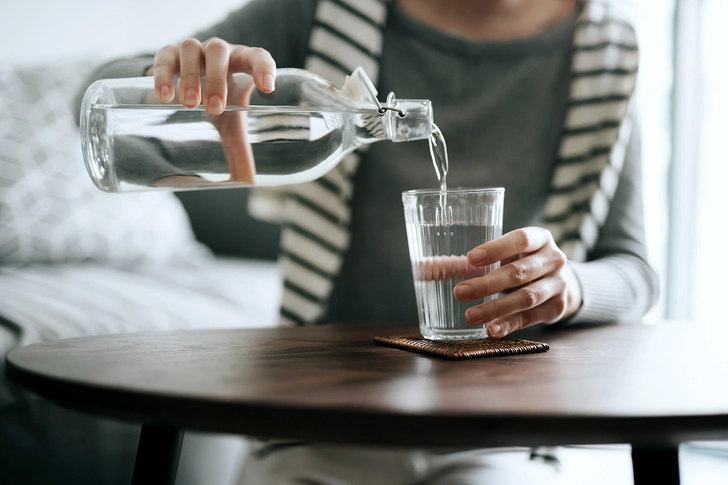
Not Drinking Enough Water
About one-third of those who deal with migraines report dehydration as a trigger. Make it a habit to carry a water bottle with you and stay hydrated. At the first sign of a migraine, drink a glass of water to try to head it off.
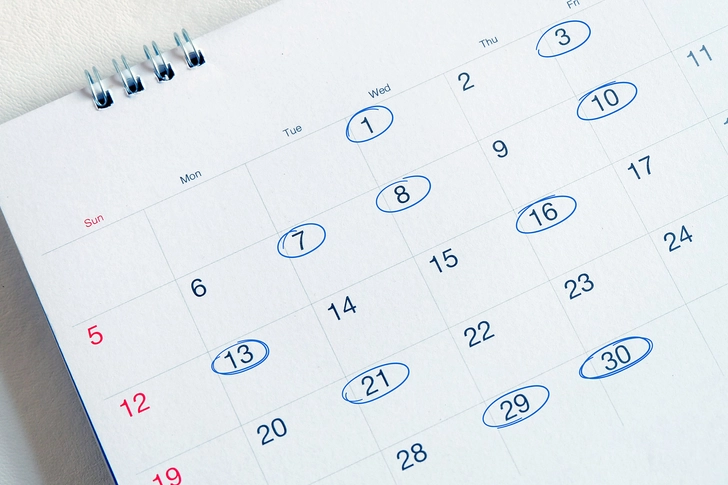
Taking Too Much Medication
If your doctor has prescribed medicine for acute headaches, taking it more than 10 times per month can trigger rebound headaches. These are called medication overuse headaches. Talk to your doctor to find out what else you can do to control your migraines so that you don't need to take the medicine so often.
Photo Credits:
1) JGI / Tom Grill / Getty Images
2) Xavier Lorenzo / Getty Images
3) Catherine Falls Commercial / Getty Images
4) Victor Potasyev / Getty Images
5) pakornkrit / Getty Images
6) Klaus Vedfelt / Getty Images
7) E+ / Getty Images
8) Johner Images / Getty Images
9) d3sign / Getty Images
10) toeytoey2530 / EyeEm / Getty Images
SOURCE:
American Migraine Foundation: "Top 10 Migraine Triggers and How to Deal with Them."
Mayo Clinic: "Migraine."
Mayo Clinic: "Migraines: Simple steps to head off pain."
American Migraine Foundation: "Alcohol and Migraine."